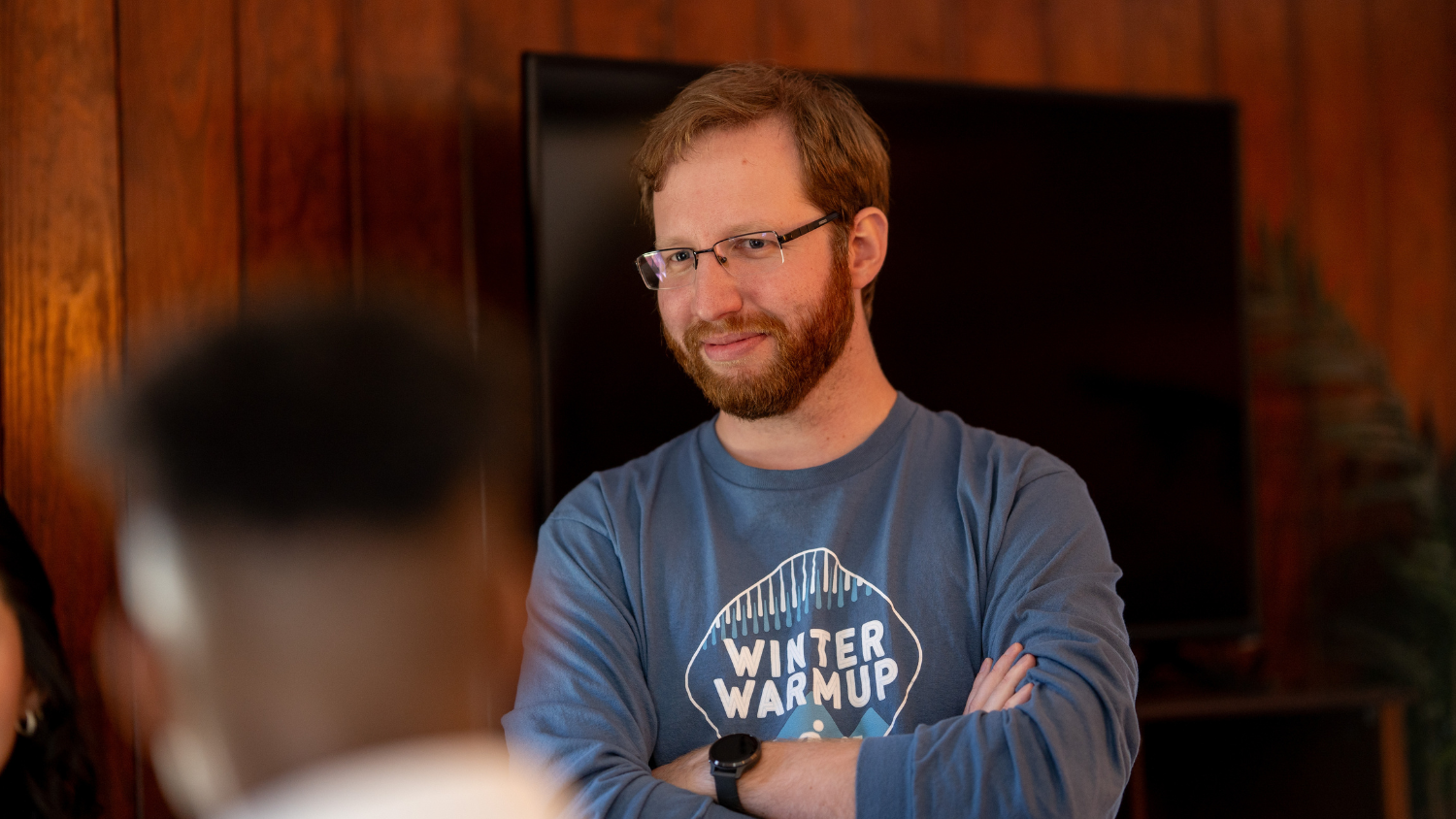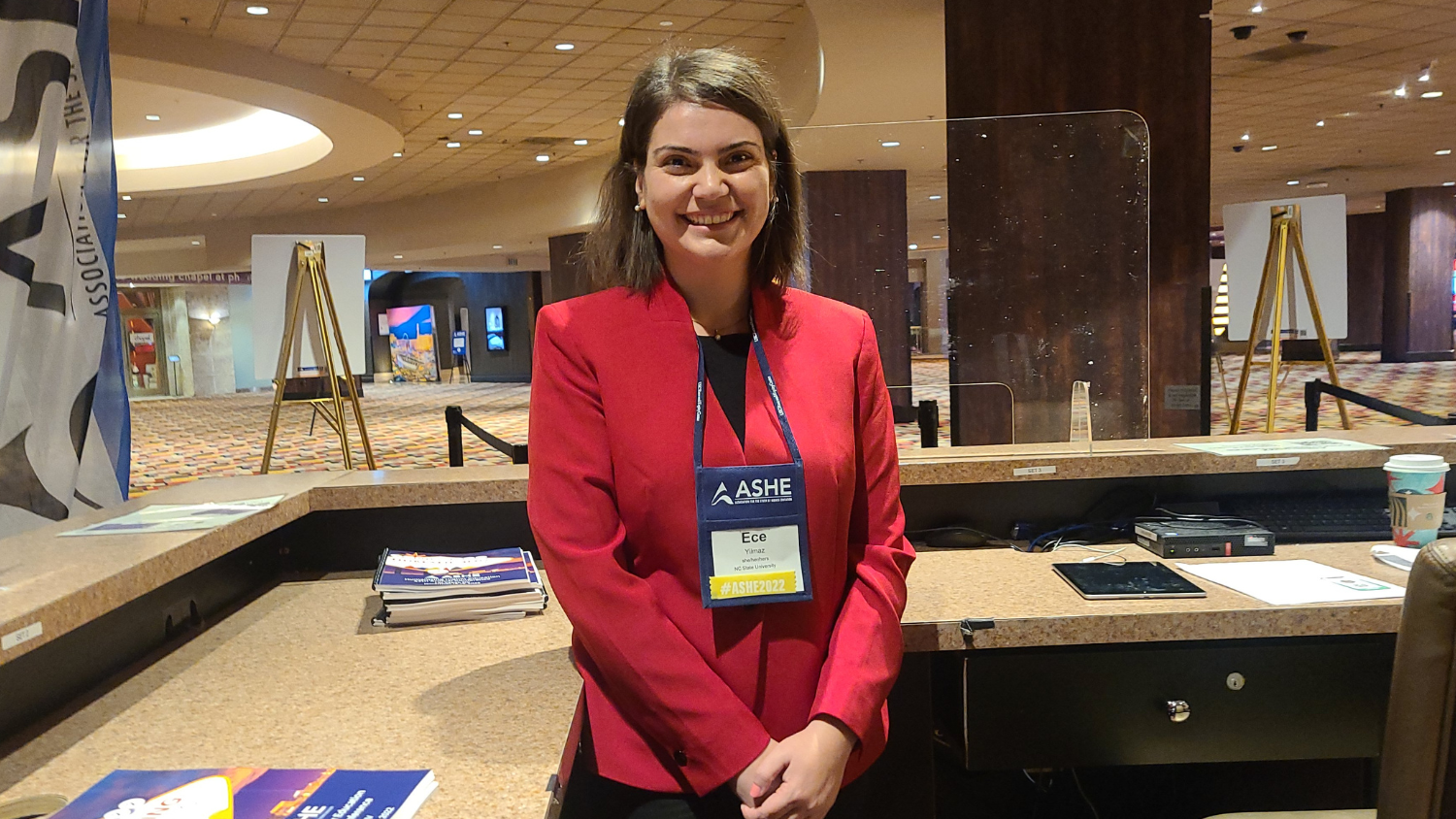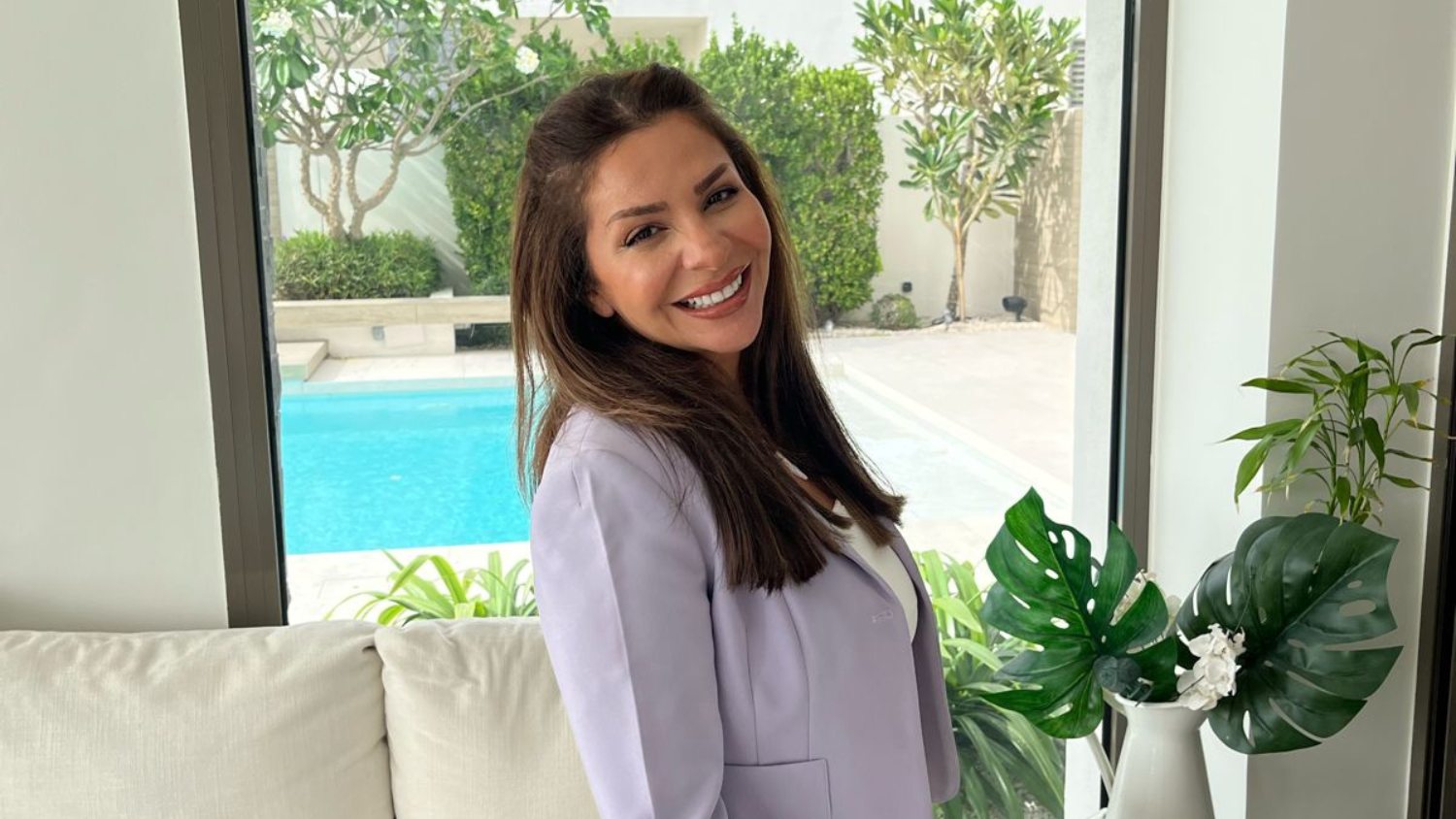Class of 2016 | Where Are They Now?
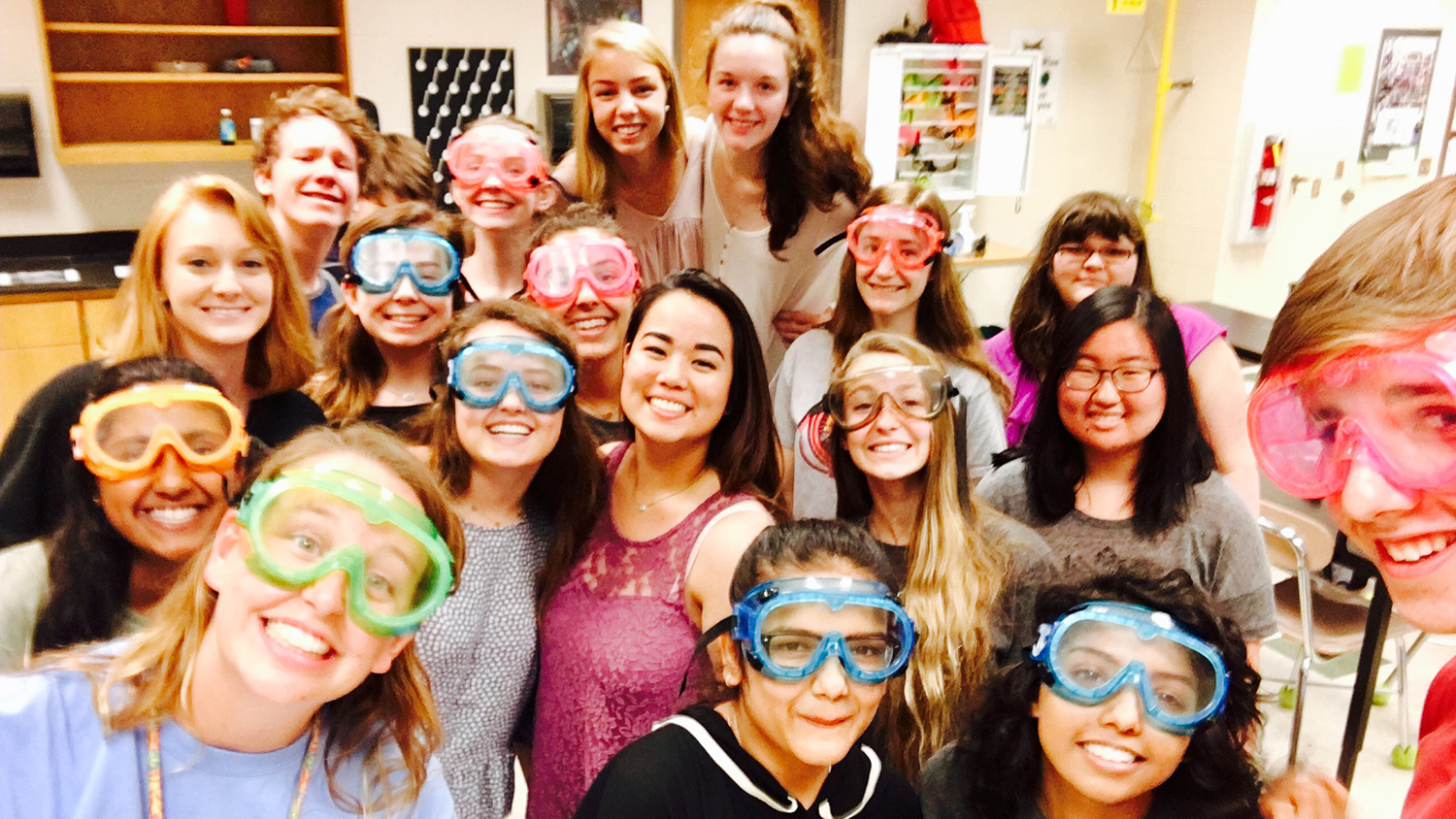
Last year, our “Tomorrow’s Learning Leaders” series introduced members of the Class of 2016. Each graduate profiled gained a valuable experiential education through the college, then took their scholar leadership into the classroom.
We caught up with some of our recent alumni to see what’s happened after a year in the field.
 Bria Cofield: Setting an Example for Students
Bria Cofield: Setting an Example for Students
Major: B.S., Elementary Education
Current Location/Position: Kindergarten teacher, Brentwood Elementary School, Wake County Public Schools. Will transfer to fifth grade English language arts/social studies teacher at Horton’s Creek Elementary School in Wake County Public Schools this fall.
What have you learned about education during your first year after graduation?
Fighting the good fight and advocating for your students will always be worth it, no matter how many obstacles get in your way.
How did the College of Education prepare you for this experience?
The college taught me the importance of advocating for students, especially students of color and students that may be overlooked in the school system.
What advice do you have for beginning teachers?
Breathe. You won’t know everything, and that is okay. Don’t overwork yourself. Always ask yourself if what you are doing is going to have a positive and beneficial impact on your students and their learning. If not, don’t worry about it.
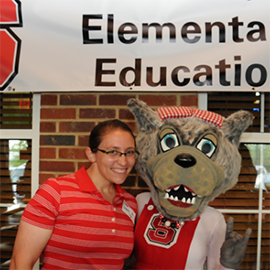 Diane Hunter: Continuing in the Classroom
Diane Hunter: Continuing in the Classroom
Field of Study: Master’s of Education, Elementary Education
Current Location/Position: NC State College of Education Ph.D. student, Elementary Learning Sciences
What have you learned about education during your first year after graduation?
I have learned that there is always something more to learn. There is so much knowledge and so many opportunities to learn and grow that any opportunity to learn more is something worth doing.
How did the College of Education prepare you for this experience?
I learned from the College of Education that asking questions is a good thing and continuing to reflect is an important part of the learning process.
What advice do you have for beginning teachers?
Never stop learning.
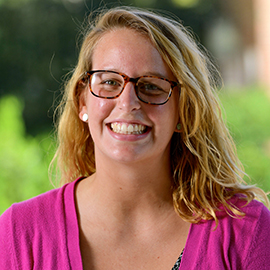 Courtney Like-Matthews: Science Stimulating Student Success
Courtney Like-Matthews: Science Stimulating Student Success
Major: B.S., Secondary Science Education
Current Location/Position: Honors chemistry and forensic science teacher at Panther Creek High School in Cary; head coach, PCHS swimming and diving; Cary Commerce Teacher of the Month.
What have you learned about education during your first year after graduation?
Teaching is truly an emotional roller coaster for me. Some days you go home crying tears of joy or laughter because your students did a chemistry lab perfectly or a student told you the funniest story. Other days you go home crying tears of sadness or frustration because you may feel you have failed as a teacher when you see some test grades or notice a student has missed a week of school because of their depression. Thankfully, when most days are finished, I am typically filled with happiness and laughter.
How did the College of Education prepare you for this experience?
NC State prepared me very well because I learned so much about teaching here in Wake County when I student taught at Apex High School. Because of student teaching, I was able to connect with many of my lower achieving students one on one as my cooperating teacher helped the rest of our class. I learned that outside of school, they had jobs from 3 p.m.-11 p.m. to save money to head to college. It made me realize that school is still a priority for them, but they are balancing that with a job, sports, their family, etc. It’s easy to just say a student is being lazy when they don’t do well, but I always remember to give them the benefit of the doubt and try to imagine myself in their shoes.
What advice do you have for beginning teachers?
It is so important to love what you do, the people you work with, and all of your students. I love teaching chemistry and forensics even more now because I spent so many 6 a.m.-6 p.m. days during the fall semester planning how to do my lessons, labs, activities, worksheets, etc. better this semester. Don’t give up when the overwhelming feelings hit you because they do hit you hard — just remember, the more organized you are now, the better next semester will be. It’s also important to enjoy where you work because your feelings and energy are also felt by your school. Kids will be nicer and more attentive to a teacher who is happy, energetic, and organized. I’m lucky because I have been blessed with the most supportive and fun science department that helps me grow into a better teacher every day and I can’t thank them enough.
I can’t say that I have loved every single day of my first year of teaching — I have gone home crying a few times because I was tired, stressed out, and felt as if I wasn’t making a difference at all. But, what helped me through was remembering those few shining moments where that struggling student got an A, kids were teaching each other and studying, a quiet student finally opened up, or days where there were more smiles than frowns in your class. There is no such thing a the perfect teacher or perfect teaching style — don’t beat yourself up over one bad day, just build from it and think about the other hundreds of good days to come.
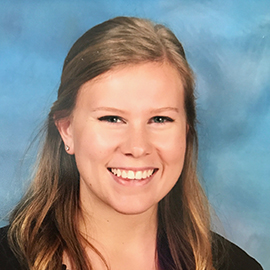 Lindsay Still: Creating a Love for Learning
Lindsay Still: Creating a Love for Learning
Major: B.S., Middle Grades Language Arts and Social Studies Education
Current Location/Position: Seventh grade language arts teacher at Reedy Creek Magnet Middle School, Wake County Public Schools
What have you learned about education during your first year after graduation?
Even though I am out of college, I am still learning every day. This is an important idea I try to teach my students.
How did the College of Education prepare you for this experience?
I feel that I was well equipped with pedagogical knowledge in order to teach content to my students. I am well-versed in using technology, and know the best activities and strategies to reach my students on an individual level.
What advice do you have for beginning teachers?
You don’t know everything, and you will probably make some mistakes, and that’s all right. Don’t be afraid to ask questions and get help from veteran teachers and staff members. This will help you learn and grow exponentially your first year!
- Categories:
